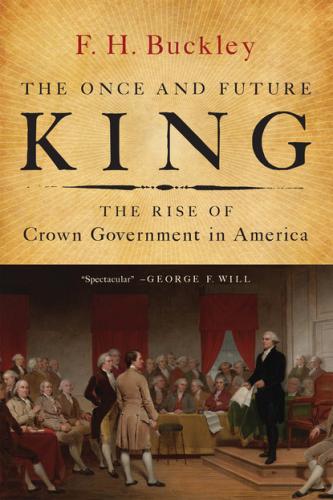As the King shilly-shallied, Grey’s cabinet let William know that they would resign if new peers were not created. To their surprise, William took them at their word, and approached Wellington to see whether the Tories might form a government. They lacked the support to do so, however, and the Whigs remained in office. At this point, the gridlock embraced all three branches of the British government. Now, however, the King gave in, and signed an agreement with the Whigs that he would create as many peers as they wished. Faced with the degradation of their institution, the House of Lords blinked. In the midst of debate fifty to sixty Tory peers walked out, Wellington in their lead, giving the Whigs their majority; and so the Great Reform Act at last was passed.64
The Reform Act extended the franchise, but stopped well short of giving everyone the vote. Only male householders living in properties worth at least £10 a year were enfranchised; even so, this increased the British electorate threefold. The new voters were the members of the middle class whom Lord Brougham memorably described as:
the genuine depositaries of sober, rational, intelligent, and honest English feeling. . . . If they have a fault, it is that error on the right side, a suspicion of State quacks—a dogged love of existing institutions—a perfect contempt of all political nostrums. . . . . Grave—intelligent—rational—fond of thinking for themselves—they consider a subject long before they make up their minds on it; and the opinions they are thus slow to form, they are not swift to abandon. 65
Конец ознакомительного фрагмента.
Текст предоставлен ООО «ЛитРес».
Прочитайте эту книгу целиком, купив полную легальную версию на ЛитРес.
Безопасно оплатить книгу можно банковской картой Visa, MasterCard, Maestro, со счета мобильного телефона, с платежного терминала, в салоне МТС или Связной, через PayPal, WebMoney, Яндекс.Деньги, QIWI Кошелек, бонусными картами или другим удобным Вам способом.
